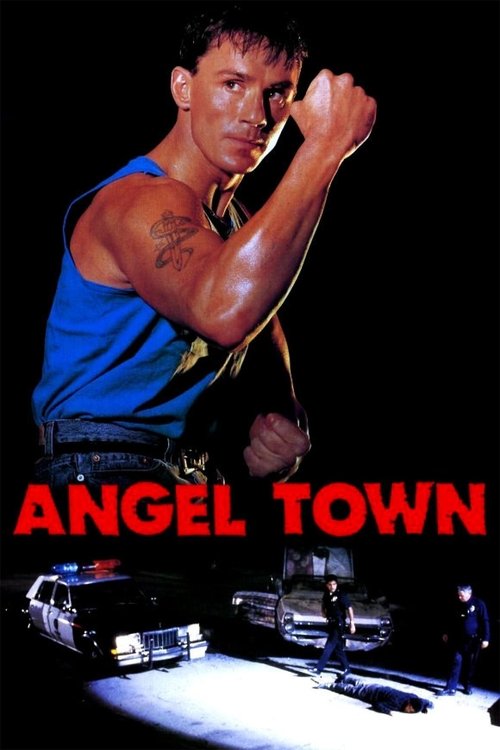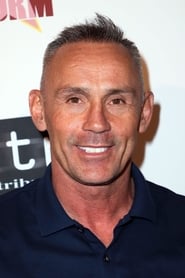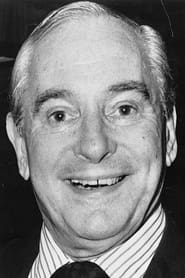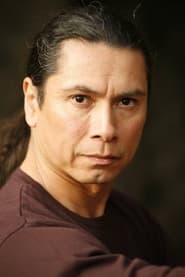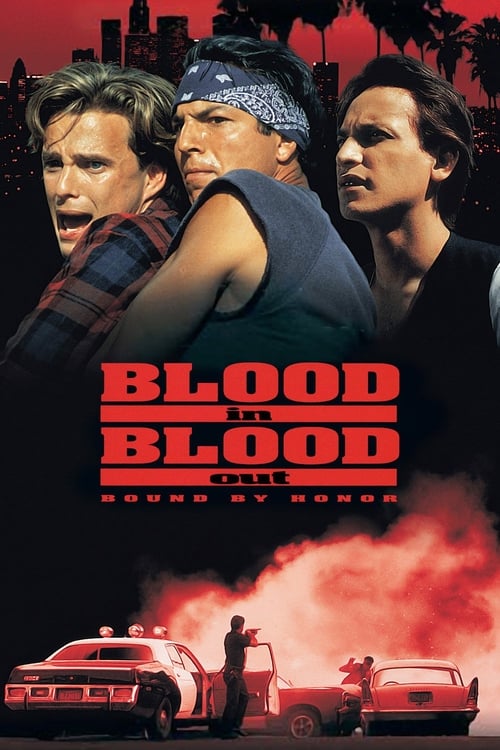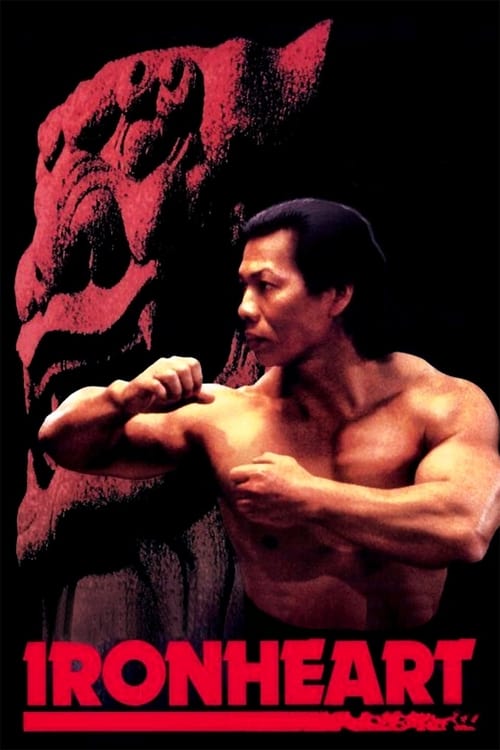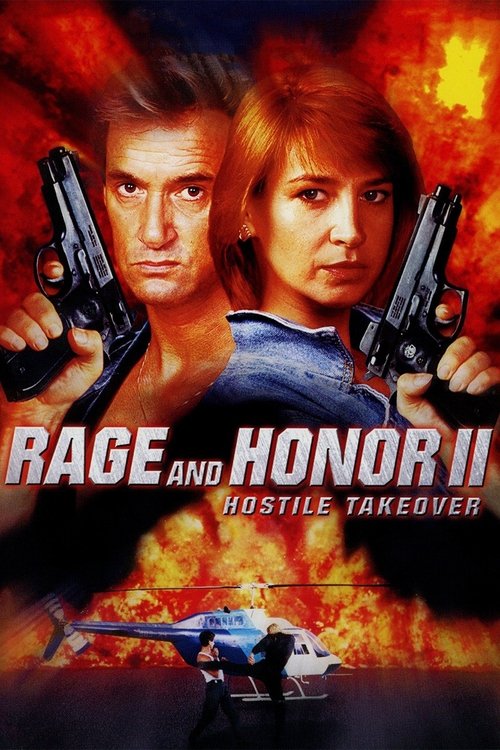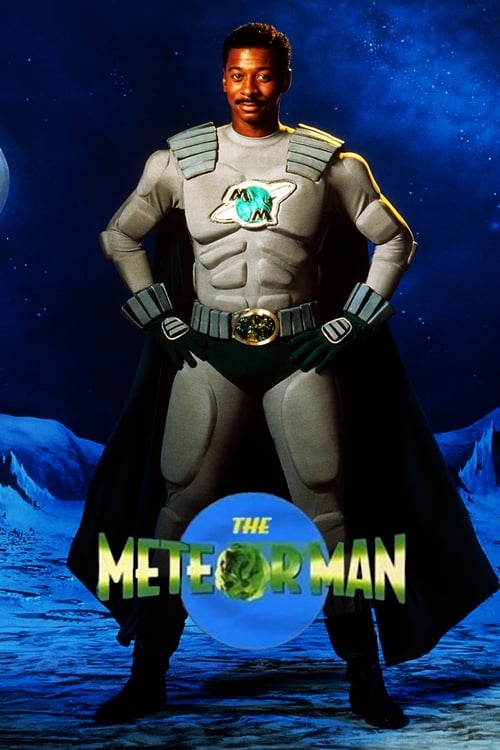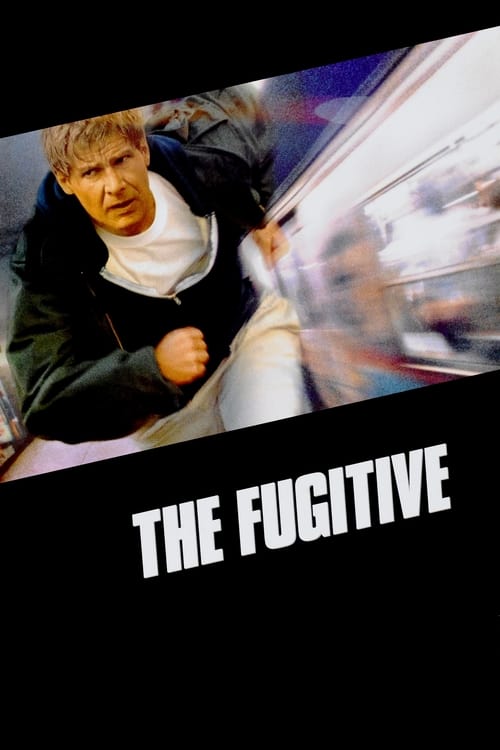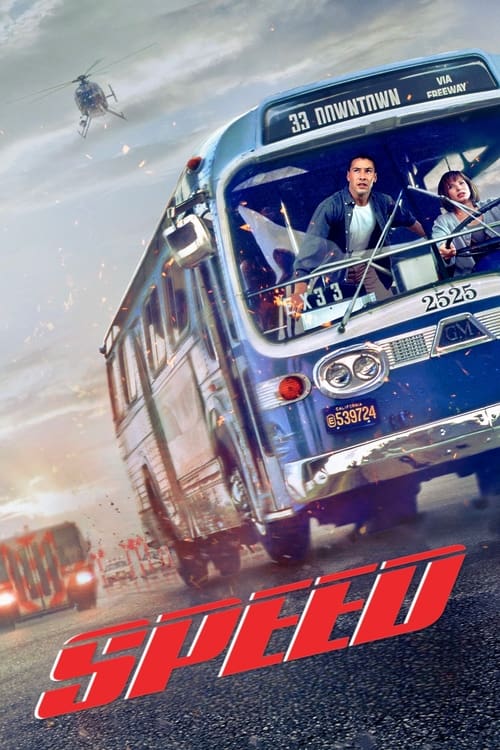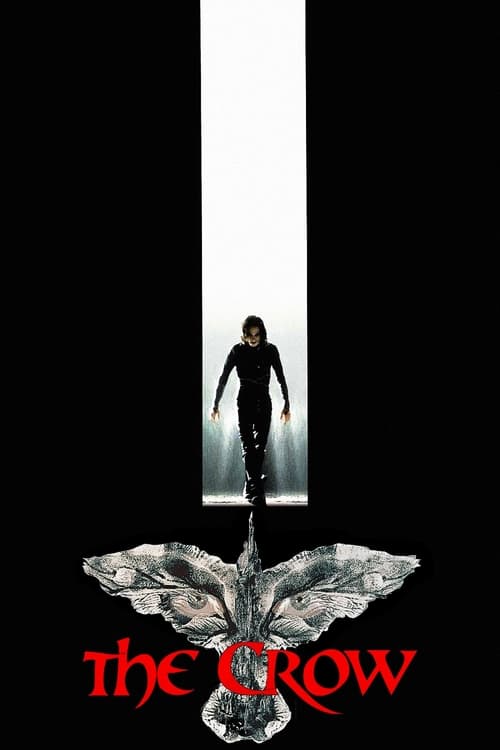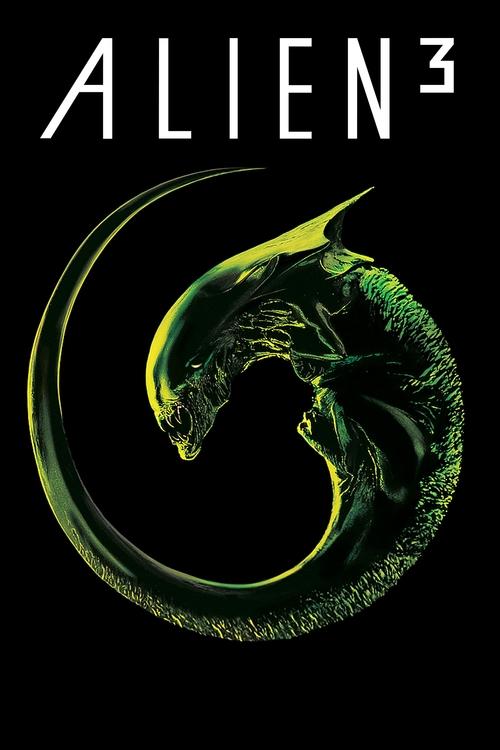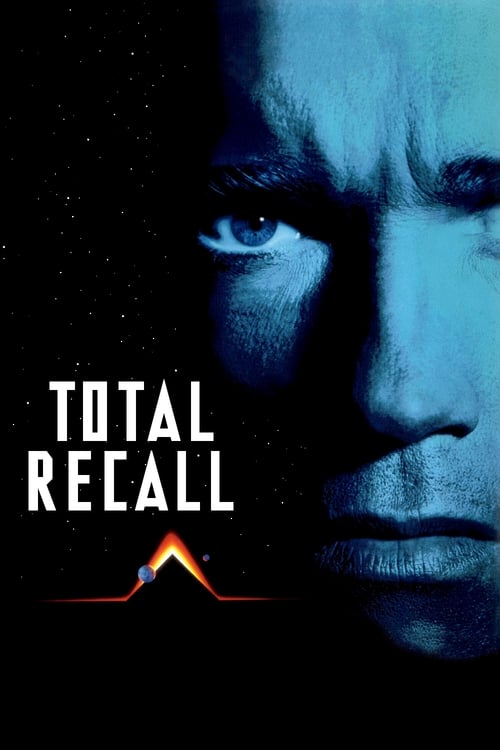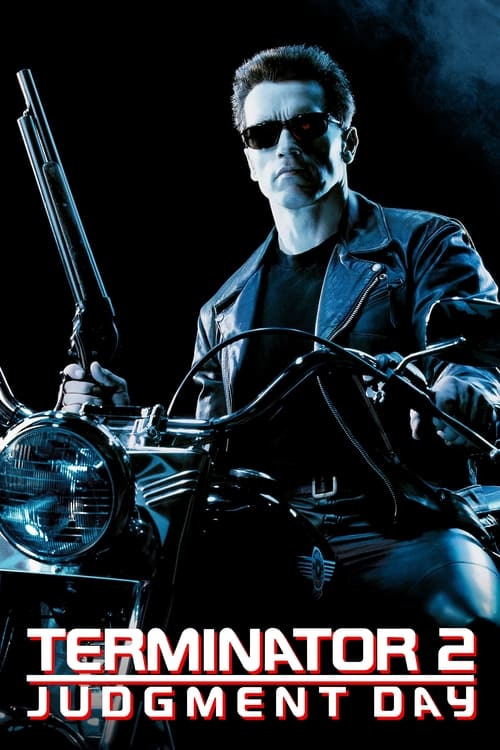
Ask Your Own Question
What is the plot?
Jacques Montaigne arrives in Los Angeles as a French college student and accomplished kickboxing champion, ready to begin his graduate studies. The city's sprawling urban landscape, however, quickly reveals a darker side. Jacques struggles to find housing near his university, and ultimately rents a room in a large, dilapidated house in a rough East L.A. barrio. This house belongs to Maria, a single widow, who lives there with her teenage son Martin and her elderly mother-in-law. The neighborhood is plagued by gang violence, and Jacques immediately senses the tension as he witnesses local gangs openly harassing Maria and Martin.
From the start, Jacques is an outsider in this volatile environment. The gang that terrorizes the area is led by a ruthless figure named Angel, who wields a submachine gun and commands his followers with brutal intimidation. Angel's gang controls the streets with open violence, and they have set their sights on Martin, trying to recruit the young man into their ranks. Martin, however, refuses to join, which only fuels Angel's wrath.
Jacques quickly becomes involved when he sees the harassment escalate. One afternoon, as Jacques walks home, two gang members living in a bus near Maria's house confront him and Maria. Jacques calmly but firmly defends them, using his martial arts skills to fend off the aggressors. His actions mark him as a new adversary to Angel's gang, and the stakes rise.
Maria, burdened by the weight of her family's history, reveals to Jacques the tragic past that haunts them. About five years earlier, Martin's father, Pedro, had stood up against Angel's gang's violence, protesting their reign of terror. Pedro paid the ultimate price for his courage, murdered by Angel's men. This revelation deepens Jacques' resolve to protect Maria and Martin, understanding that the gang's grip on the neighborhood is not just a recent menace but a long-standing curse.
As the gang's harassment intensifies, Martin's grandmother is pushed to the brink. During a violent attack on the house, the elderly woman succumbs to stress-induced illness and collapses. She is rushed to the hospital, but the damage is irreversible. The family learns that she has died from a massive heart attack, triggered by the terror inflicted by Angel's gang. This loss devastates Martin, who is shocked to grasp the full extent of the danger they face.
Jacques, determined to empower Martin, takes him to a local martial arts school run by Henry, an old friend and former acquaintance of Pedro. Henry's gym becomes a sanctuary where Jacques begins training Martin in self-defense. He teaches Martin not only how to fight but also the harsh realities of gang life. Jacques warns, "If you join Angel's gang, you're signing up for a life of violence and death. You don't want that." This mentorship symbolizes a beacon of hope amid the neighborhood's decay.
Meanwhile, Maria confides in Jacques, trusting him with the painful truth about Pedro's death and the ongoing threat Angel represents. Their conversations reveal the emotional toll the gang's presence has taken on the family and the community. The house, once a symbol of safety, now stands as a battleground where fear and violence have taken root.
The gang's intimidation escalates further when Angel and his men launch a brutal attack on Maria and Martin's home. During this assault, Maria is raped, a horrifying act that underscores the gang's cruelty. Jacques and Maria are also shot at, barely escaping with their lives. This violent episode galvanizes Jacques to take decisive action.
Recognizing the need for allies, Jacques enlists the help of Henry, Henry's wife, and Frank, a disabled Korean War veteran who lives nearby. Frank, despite his physical limitations, is fiercely protective of the neighborhood and supports Jacques with a machine gun. Frank's presence adds a gritty, determined edge to their resistance.
The climax unfolds in a tense and extended confrontation on the neighborhood streets. Jacques, Henry, Henry's wife, and Frank face off against about two dozen gang members led by Angel. The battle is fierce and chaotic, with Jacques employing his superior martial arts skills to systematically dismantle the gang's power. The fight scenes are raw and intense, showcasing Jacques' agility and combat expertise as he takes down multiple attackers.
Angel, wielding his submachine gun, remains the primary threat throughout the conflict. His gunfire symbolizes the gang's dominance and the fear they instill in the community. However, Jacques and his allies' combined efforts gradually turn the tide. The gang's members fall one by one, their control over the neighborhood shattered.
In the final moments, Jacques confronts Angel directly. The tension peaks as the two face off in a brutal showdown. Jacques disarms Angel, ending his reign of terror. The defeat of Angel's gang marks a turning point for the neighborhood.
The film closes with a sense of cautious optimism. The community begins to reclaim their streets from gang control, symbolized by Jacques standing alongside Maria and Martin outside their home. Though the scars of violence remain, the family's safety is restored, and Martin has been empowered to resist the cycle of gang life.
Jacques, having avenged the violence inflicted on Maria's family and protected them from further harm, prepares to continue his studies, now deeply connected to the neighborhood he once saw as a mere place to stay. The final scene lingers on the battered but resilient house, a testament to the family's endurance and the possibility of hope amid urban decay.
What is the ending?
In the ending of "Angel Town," the protagonist, a former kickboxer named Chris, confronts the gang that has been terrorizing his neighborhood. After a series of intense confrontations, Chris ultimately defeats the gang leader, securing peace for the community. The film concludes with Chris deciding to stay in the neighborhood, having found a sense of belonging and purpose.
As the climax of "Angel Town" unfolds, the tension in the air is palpable. Chris, portrayed by Olivier Gruner, stands resolute in the face of the gang's escalating violence. The scene is set in a dimly lit alley, where the gang members, led by the menacing figure of the gang leader, are gathered, their faces illuminated by the flickering light of a nearby streetlamp. Chris, having witnessed the suffering of the local residents, feels a surge of determination coursing through him. He knows that he must confront the gang to protect the community he has come to care for.
The confrontation begins with a fierce exchange of words, where Chris's anger and frustration boil over. He challenges the gang leader, who smirks, underestimating Chris's resolve. The tension escalates as the gang members surround Chris, but he stands his ground, his fists clenched and his body tense with anticipation. The atmosphere is thick with the scent of fear and defiance.
As the fight breaks out, Chris showcases his kickboxing skills, delivering powerful strikes that resonate with the impact of his emotional turmoil. Each punch and kick is not just a physical blow but a release of the pent-up frustration he has felt since arriving in the neighborhood. The choreography of the fight is intense, with Chris moving fluidly, dodging attacks while retaliating with precision. The camera captures the sweat glistening on his brow, the determination in his eyes, and the raw energy of the battle.
The gang members, initially confident, begin to falter as Chris gains the upper hand. The gang leader, realizing that his authority is slipping, becomes increasingly desperate. In a pivotal moment, Chris delivers a decisive blow that sends the gang leader crashing to the ground. The sound of the impact echoes through the alley, a symbolic representation of Chris's triumph over the chaos that has plagued the community.
As the dust settles, the remaining gang members scatter, their bravado shattered. Chris stands amidst the debris of the confrontation, breathing heavily, his chest rising and falling as he processes the victory. The neighborhood residents, who had been watching from a distance, begin to emerge, their expressions a mix of relief and gratitude. They surround Chris, their faces illuminated with hope, recognizing him as their protector.
In the final scenes, Chris reflects on his journey. He realizes that he has found a sense of belonging in this community, a stark contrast to his earlier feelings of isolation. The camera pans out, capturing the vibrant neighborhood, now filled with life and laughter, as Chris decides to stay and help rebuild what was lost. The film closes with a sense of resolution, highlighting Chris's transformation from a solitary fighter to a community hero.
The fate of the main characters is clear: Chris has emerged victorious, not just in the physical sense but also in finding his place in the world. The gang leader, defeated and humiliated, represents the remnants of chaos that Chris has overcome. The residents, once fearful, now look to Chris with admiration, symbolizing the hope for a brighter future in Angel Town.
Is there a post-credit scene?
The movie "Angel Town," produced in 1990, does not have a post-credit scene. The film concludes its narrative without any additional scenes or content after the credits roll. The story wraps up with the resolution of the main conflict, focusing on the protagonist, a French kickboxer named David, who confronts the gang violence in Los Angeles while trying to protect a woman he loves. The ending emphasizes themes of personal redemption and the fight against corruption, leaving no further narrative threads to explore in a post-credit sequence.
What motivates the main character, David, to confront the gang in Angel Town?
David, a skilled martial artist and former champion, is motivated by a sense of justice and a desire to protect his new home and the people he cares about. After witnessing the gang's violent actions and their impact on the community, he feels compelled to stand up against them, driven by both personal conviction and a need to defend the innocent.
How does David's relationship with his neighbor, a single mother, evolve throughout the film?
David's relationship with his neighbor, a single mother named Maria, begins with a sense of camaraderie and mutual support. As the story progresses, their bond deepens, with David becoming a protector figure for her and her children. Maria's initial wariness of David transforms into trust and affection as she sees his dedication to fighting for their safety.
What role does the gang play in the development of the plot?
The gang serves as the primary antagonistic force in the film, representing the chaos and danger that David must confront. Their violent actions and territorial disputes create a backdrop of tension that propels David into action. Each encounter with the gang escalates the stakes, forcing David to confront not only their physical threats but also the moral dilemmas of violence and protection.
How does David's past as a martial arts champion influence his actions in Angel Town?
David's past as a martial arts champion is central to his character and influences his approach to conflict. His training provides him with the skills necessary to confront the gang, but it also weighs on him emotionally, as he grapples with the responsibility that comes with his abilities. This internal conflict drives him to seek non-violent solutions initially, but ultimately leads him to embrace his fighting skills to protect those he loves.
What is the significance of the final confrontation between David and the gang leader?
The final confrontation between David and the gang leader is significant as it represents the culmination of David's journey from a reluctant hero to an active protector. This showdown is not just a physical battle; it symbolizes David's acceptance of his role in the community and his commitment to standing up against injustice. The emotional stakes are high, as David fights not only for his own safety but for the future of the neighborhood and the people he has come to care for.
Is this family friendly?
"Angel Town," produced in 1990, is not considered family-friendly due to its mature themes and content. Here are some potentially objectionable or upsetting aspects that may occur:
-
Violence: The film features several intense fight scenes and confrontations, including street brawls and gang-related violence, which may be disturbing for younger viewers.
-
Gang Culture: The portrayal of gang life and the associated dangers can be unsettling, as it delves into themes of crime and territorial disputes.
-
Language: There is the use of strong language throughout the film, which may not be suitable for children.
-
Drug References: The film includes references to drug use and the impact of drugs on individuals and communities, which could be distressing for sensitive viewers.
-
Emotional Turmoil: Characters experience significant emotional struggles, including themes of loss, betrayal, and revenge, which may be heavy for younger audiences to process.
Overall, the film's content is geared towards an adult audience and may not be appropriate for children or those who are sensitive to such themes.

